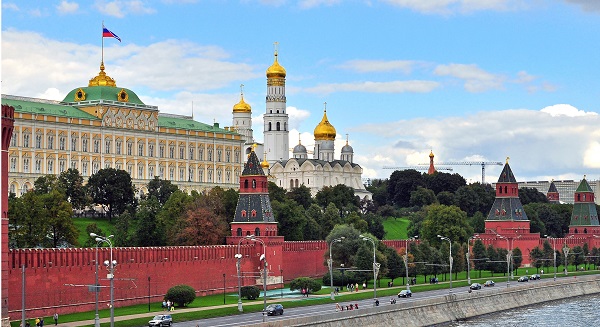16 Dec Global Economic Change and the Asian Oil Contagion
The collapse of the Russian ruble is not just a problem for the babushka-clad. Just as climate has complex components that are interconnected in complex ways, and human activity can impact climate in volatile and lasting ways, the world economy is becoming more interconnected and interdependent as more economies liberalize. We may have seen the end of predictable recurring boom/bust cycles, and we may be entering an era of interrupted and wild cycles. Hang on folks.

Just as the fluctuation of ozone levels impact the polar ice masses that affect sea levels, the Crimean Land grab and the shale oil boom and OPEC’s high production are doing significant damage to Russian and US oil interests, to the advantage of gasoline consumers. Yes, the legend of the butterfly in China spawning hurricanes in the Caribbean seems a bit quantum for polite conversation, but the fact of economic interdependency is becoming more clear every day.
In this blog I talk about context, constraints and associations. The European weather forecasting models have been known to outperform the US models because they do a better job of integrating multiple constraints and applying reliable rules. Wouldn’t it be nice if we could have the same kind of models and rules to predict macro-economic behavior as we do the weather. My forecast is for stormy weather that becomes softened by the growing prosperity of billions of individuals throughout the world, and made more volatile by our continuing reliance on scarce, and less scarce commodities.
Is it possible that Russia’s military buildup will counteract the fossil fuel demand reduction due to wind farms in Iowa and Nebraska? What other human activity could accelerate sea level rise and species’ northerly relocation? I’m tempted to relocate to Alaska, but of course, I am a native Minnesotan. Will congressional action to ease restrictions on risky investing have an unintended consequence in increasing market volatility and economic instability? If so, are we certain this is a bad thing, or does market volatility benefit society as a whole by bursting bad bubbles? Certainly this occurs at the expense of those individuals most vulnerable to unplanned changes.
I don’t think anyone has suitable models to predict the answers to some of these complex questions, but I think some really powerful models exist. Tapping into these models, improving them and adding constraints with credible knowledge and rules could someday bring us to a place of much greater economic certainty. Knowledge models with clearly defined concepts and contexts will be at the vanguard of this progress.
| Click below to look in each Understanding Context section |
|---|









